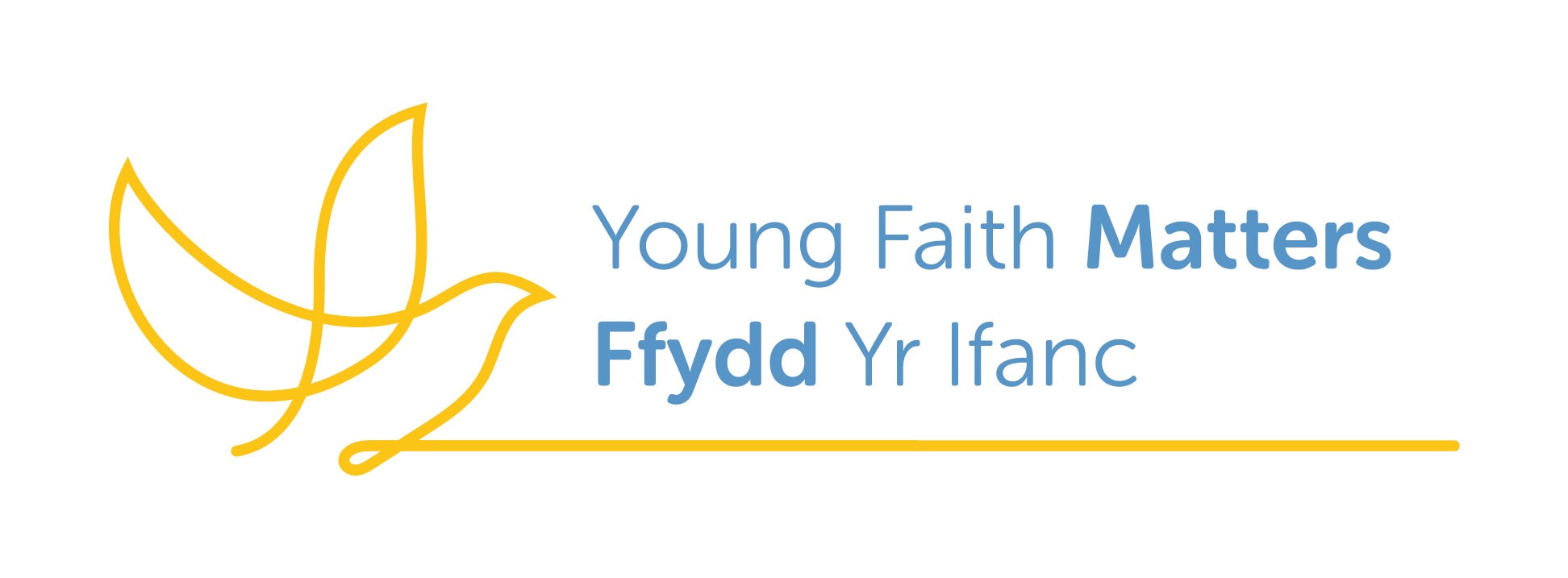What are banns?
Banns are the usual legal preliminary to a church wedding. They are an announcement of your intention to marry and an opportunity for anyone to put forward a reason why the marriage may not lawfully take place. Banns are read out in the main Sunday service in the Ministry Area where each of you lives as well as the church in which you are to be married, if that is in another parish.
The Banns are called on three (usually but not necessarily consecutive) Sundays during the twelve weeks before the wedding.
Banns are the usual legal preliminary to a church wedding. They are an announcement of your intention to marry and an opportunity for anyone to put forward a reason why the marriage may not lawfully take place. Banns are read out in the main Sunday service in the Ministry Area where each of you lives as well as the church in which you are to be married, if that is in another parish.
The Banns are called on three (usually but not necessarily consecutive) Sundays during the twelve weeks before the wedding.
Do I have to be married in my local Church, or could I choose any church?
If you are a regular worshipper in a church outside the Ministry Area in which you live, it is usually possible to be married there. If you are not a regular worshipper, why not start attending?
You will normally be expected to attend services for at least six months before becoming eligible to be married in a church other than your parish church. If you want to get married in a church where neither of you live or is a regular worshipper, you will need to talk to the Vicar. Couples can apply for the Archbishop of Canterbury’s Special Licence, if one of them has a genuine and long-standing connection with the Church in which they wish to marry. To apply or find out more contact The Faculty Office, 1 The Sanctuary, Westminster, London SW1P 3JT tel: 020 7222 5381.
If you are a regular worshipper in a church outside the Ministry Area in which you live, it is usually possible to be married there. If you are not a regular worshipper, why not start attending?
You will normally be expected to attend services for at least six months before becoming eligible to be married in a church other than your parish church. If you want to get married in a church where neither of you live or is a regular worshipper, you will need to talk to the Vicar. Couples can apply for the Archbishop of Canterbury’s Special Licence, if one of them has a genuine and long-standing connection with the Church in which they wish to marry. To apply or find out more contact The Faculty Office, 1 The Sanctuary, Westminster, London SW1P 3JT tel: 020 7222 5381.
Could I be married in church even if I don’t go to church?
Yes! Remember that the wedding ceremony in church has a distinctively Christian character and assumes that you accept the Christian understanding of marriage.
Yes! Remember that the wedding ceremony in church has a distinctively Christian character and assumes that you accept the Christian understanding of marriage.
Can a divorced person have a church wedding?
Marriage is for life, but it is a sad fact that some marriages do fail. There are some circumstances in which a divorced person may marry again in church. If you are considering a church wedding and have been divorced, you should discuss this with your Vicar.
Marriage is for life, but it is a sad fact that some marriages do fail. There are some circumstances in which a divorced person may marry again in church. If you are considering a church wedding and have been divorced, you should discuss this with your Vicar.
How much will it cost?
The legal fees for a marriage cover the publication of the banns and the marriage service. There will be additional fees for a choir, organist, bell-ringers, permission to make a video recording etc. Check with your Vicar.
The legal fees for a marriage cover the publication of the banns and the marriage service. There will be additional fees for a choir, organist, bell-ringers, permission to make a video recording etc. Check with your Vicar.
When do I get my Marriage Certificate?
Traditionally, your Vicar would give you your Marriage Certificate at your wedding. The Marriage (WALES) Act 2010 changed in 2021 which means that all Marriage Certificates, including duplicates, are issued by the General Registrar's Office. It will be available for your collection 21 days after your wedding ceremony, and you must apply for it directly from them; the Registrar's Office will not automatically issue the certificate.
Traditionally, your Vicar would give you your Marriage Certificate at your wedding. The Marriage (WALES) Act 2010 changed in 2021 which means that all Marriage Certificates, including duplicates, are issued by the General Registrar's Office. It will be available for your collection 21 days after your wedding ceremony, and you must apply for it directly from them; the Registrar's Office will not automatically issue the certificate.
Why do we need marriage preparation?
Most marriages are entered into confidently, assuming that they will last, but a very high proportion end in the tragedy of separation and divorce. Your marriage may have to last many years until death parts you, so it makes sense, however well you know one another, to think through your future relationship as man and wife. Most churches will therefore invite you to participate in preparation for your life together.
Most marriages are entered into confidently, assuming that they will last, but a very high proportion end in the tragedy of separation and divorce. Your marriage may have to last many years until death parts you, so it makes sense, however well you know one another, to think through your future relationship as man and wife. Most churches will therefore invite you to participate in preparation for your life together.
|
Can we be involved in planning the service?
Yes. The Vicar will discuss with you the arrangements for the service and help you decide on appropriate music and readings. You may wish to involve family or friends in the service: e.g. in doing a reading or playing a musical instrument. Always remember - this is your special day, and you may have lots of opportunities to personalise it to reflect who you are as a couple. |
Will there be a rehearsal for the ceremony?
The Vicar will want to run through the service with you and others who are taking part so that everyone knows what to expect. The rehearsal will usually take place in church during the few days before the service.
The Vicar will want to run through the service with you and others who are taking part so that everyone knows what to expect. The rehearsal will usually take place in church during the few days before the service.
When may we marry?
The day and time of the service is decided in consultation with your Vicar, taking account of the regular pattern of church services. For example, if you wanted to marry on a Sunday, it would have to be at a time other than the normal Sunday services and when the Vicar is available. By custom, weddings tend not to take place during Lent, the church season covering the six weeks before Easter.
The day and time of the service is decided in consultation with your Vicar, taking account of the regular pattern of church services. For example, if you wanted to marry on a Sunday, it would have to be at a time other than the normal Sunday services and when the Vicar is available. By custom, weddings tend not to take place during Lent, the church season covering the six weeks before Easter.
Is it possible to have a church blessing after being married abroad or by Civil Ceremony?
Yes! Just ask your Vicar about this. There are no legal preliminaries necessary.
Yes! Just ask your Vicar about this. There are no legal preliminaries necessary.
What if one of us lives abroad?
Banns are not possible in these circumstances, so a Common Licence will be required. Your Vicar will help you to apply for this.
Banns are not possible in these circumstances, so a Common Licence will be required. Your Vicar will help you to apply for this.
What if one of us is a foreign national?
If one of the parties is a national of a country outside Canada, Australia, New Zealand, South Africa, the EU or USA, it would be wise to obtain from the relevant embassy or consulate a letter saying that the marriage will be recognised there.
If one of the parties is a national of a country outside Canada, Australia, New Zealand, South Africa, the EU or USA, it would be wise to obtain from the relevant embassy or consulate a letter saying that the marriage will be recognised there.





